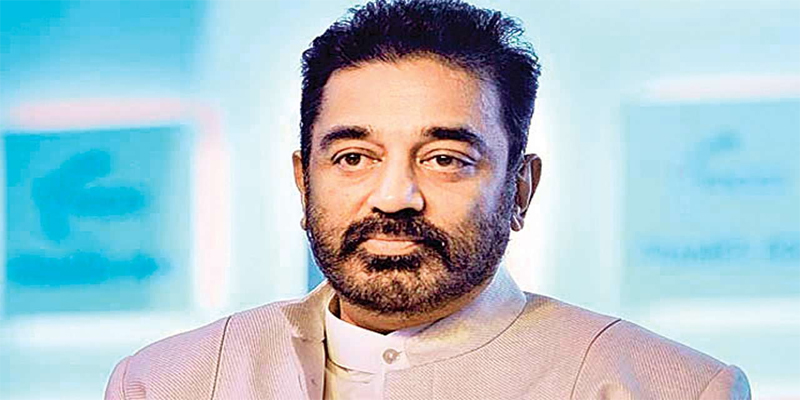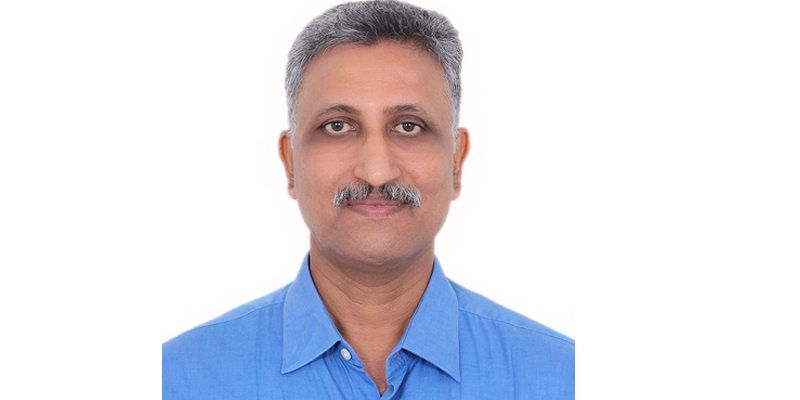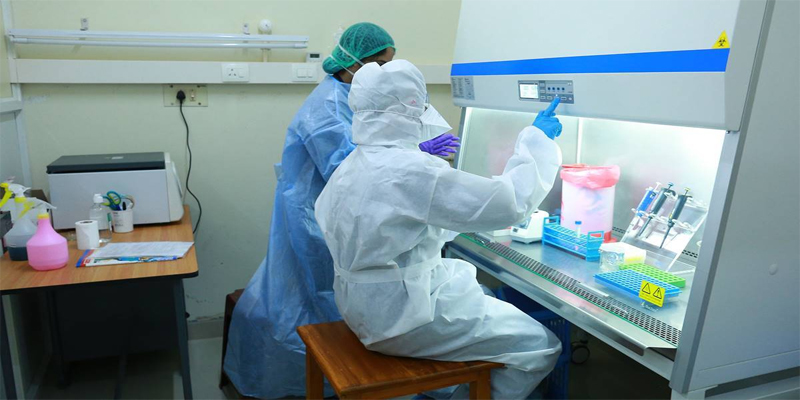Maharashtra Women and Child development Minister Yashomati Thakur on Monday said that state government will soon take steps to enforce foster care policy to build a protective environment for children and women.
In her address, the minister said the foster care policy will not only cover orphans, but it will also look after other children who are in want of care and protection.
Every child deserves to be with a family as it is the most significant influence in a child’s life. In the best interest of the children, foster care programme will provide a home to the child for a short or extended period.
As part of the policy, foster families will be selected on the basis of their ability, intent, capacity and prior experience in taking care of children. The shortlisted foster families will be properly trained to meet the needs and rights of the child.
The foster family will not be permanent and will not have legal rights over the child. Family foster care is mandated under the Juvenile Justice Act and the policy will be executed on a pilot basis in Mumbai suburbs, Solapur, Pune, Palghar and Amravati
A district-level committee headed by collector will arrange the list of foster parents and will have the final authority in matters related to the programme. They will seek report on whether the shortlisted families are fit to provide care to the child.
The minister further said that the department has also decided to decentralise the Mumbai-based state women’s commission.
The commission will now have offices at district and divisional levels also. These offices will be inaugurated on August 15.
The department will also restart growth monitoring of malnourished children and vulnerable pregnant women and lactating mothers in the wake of Pandemic.
Meanwhile, the state has also developed AAKAR (Shape) curriculum earlier which is administered in the anganwadis already. The formal curriculum is created to ensure early childhood care and education.





























